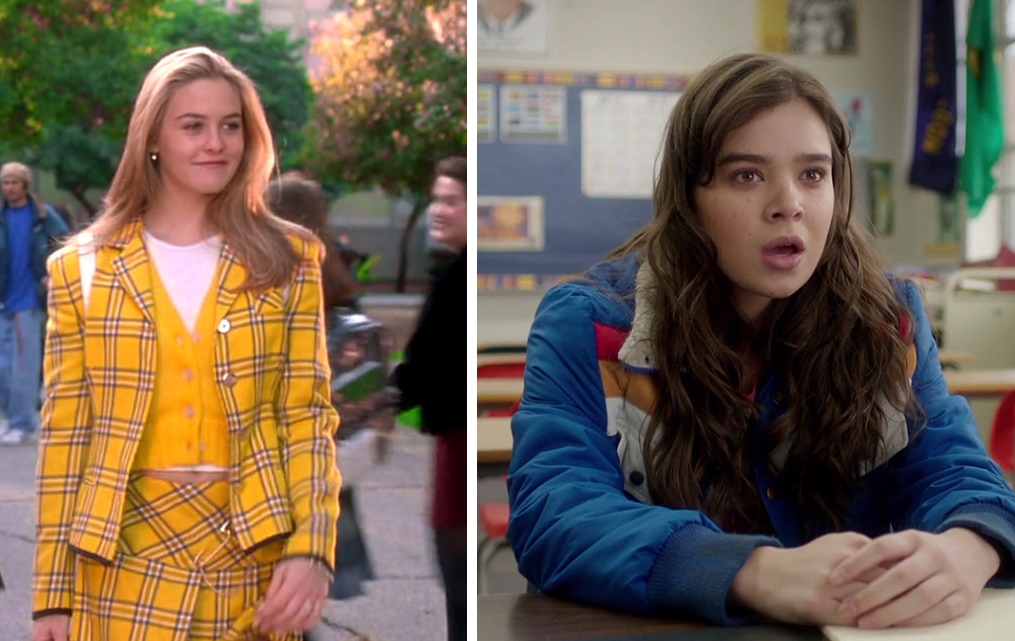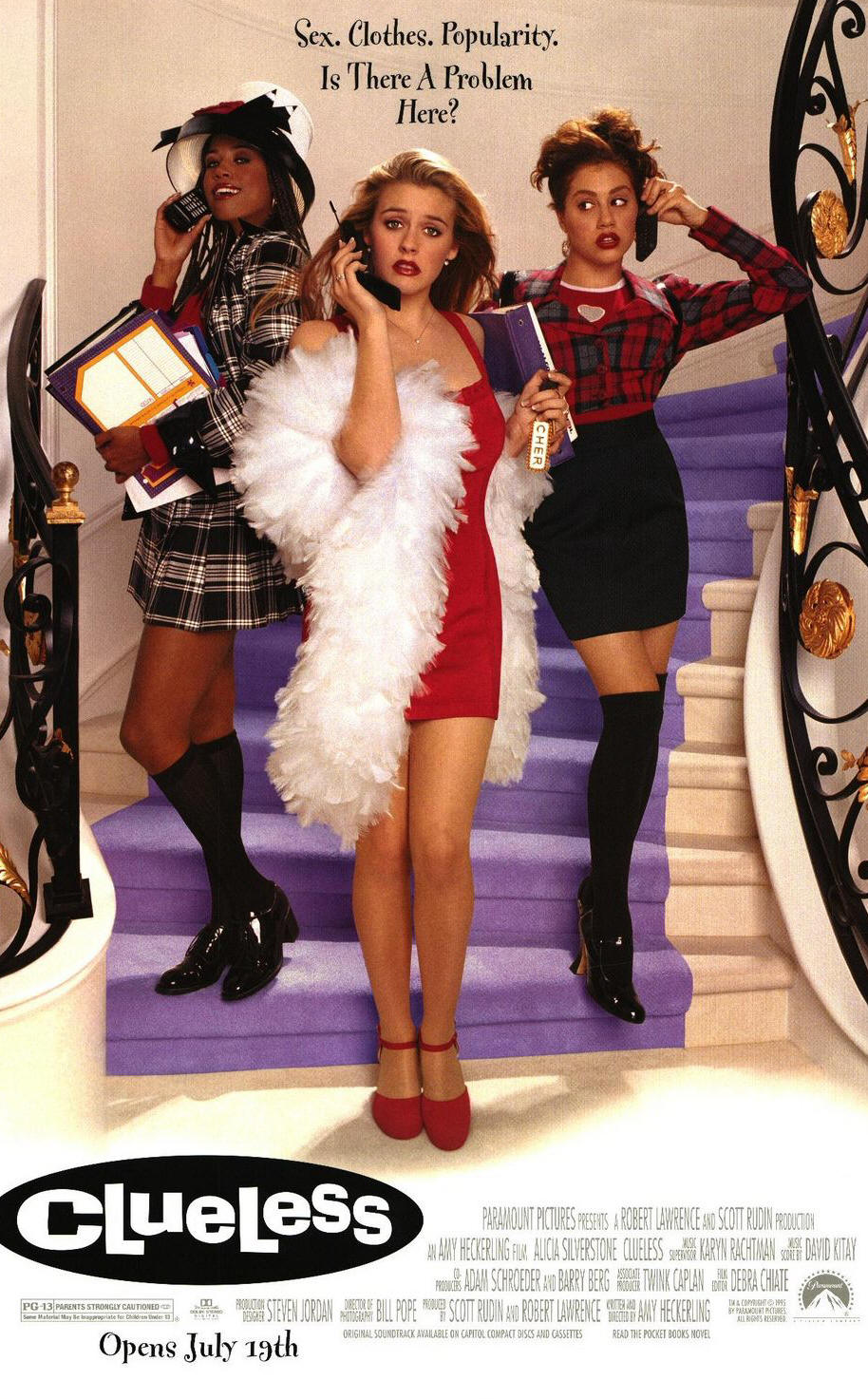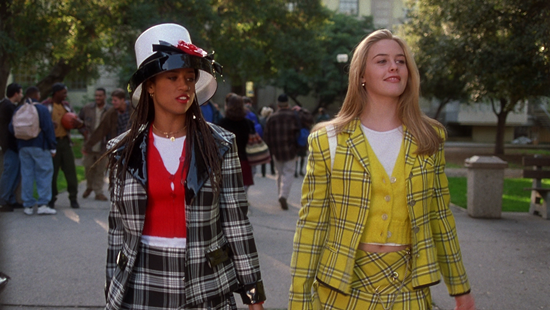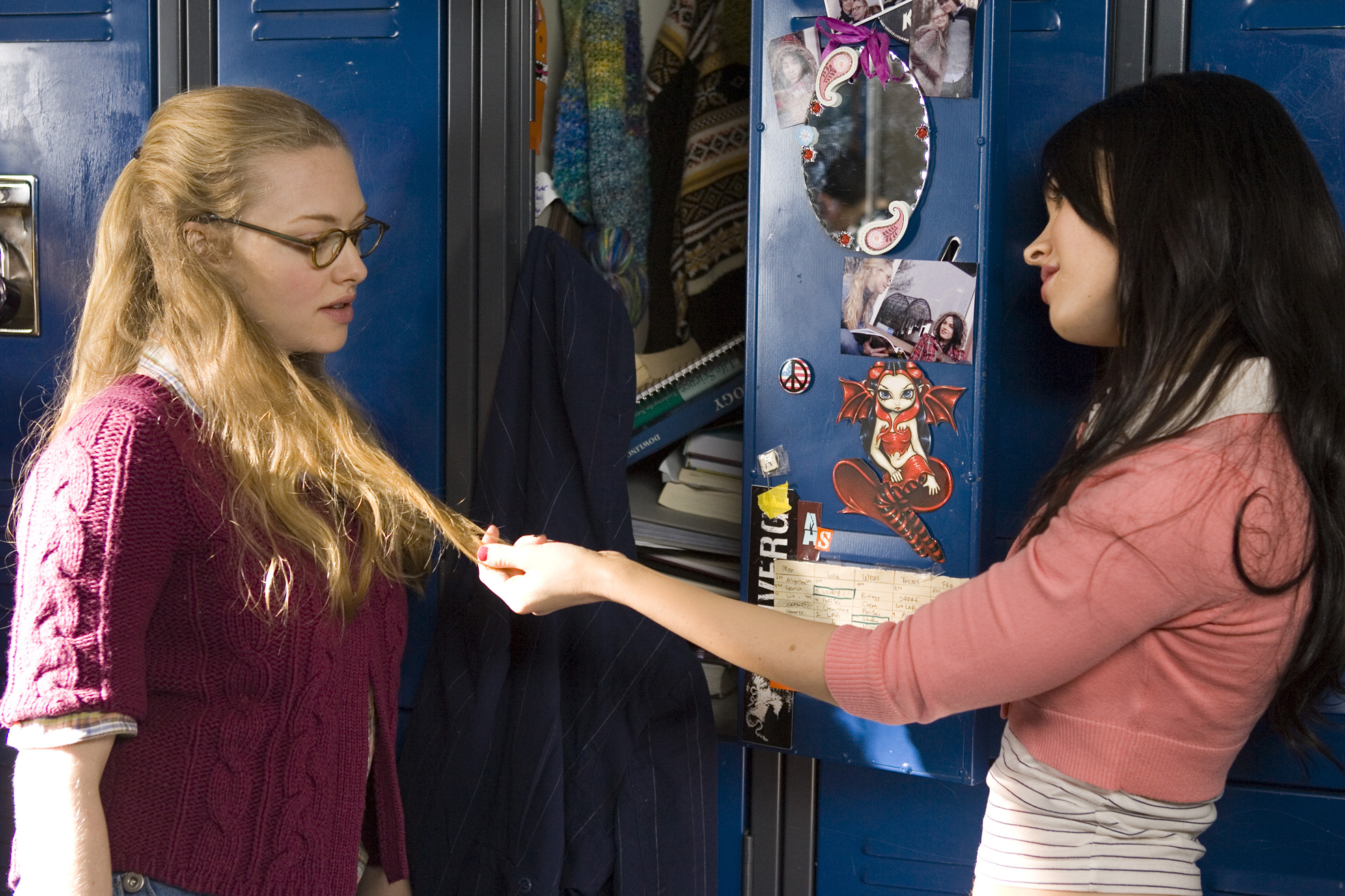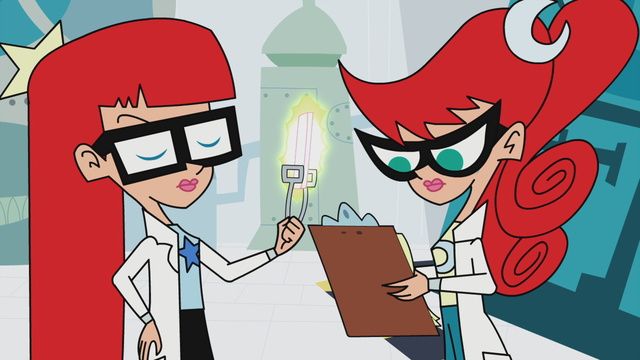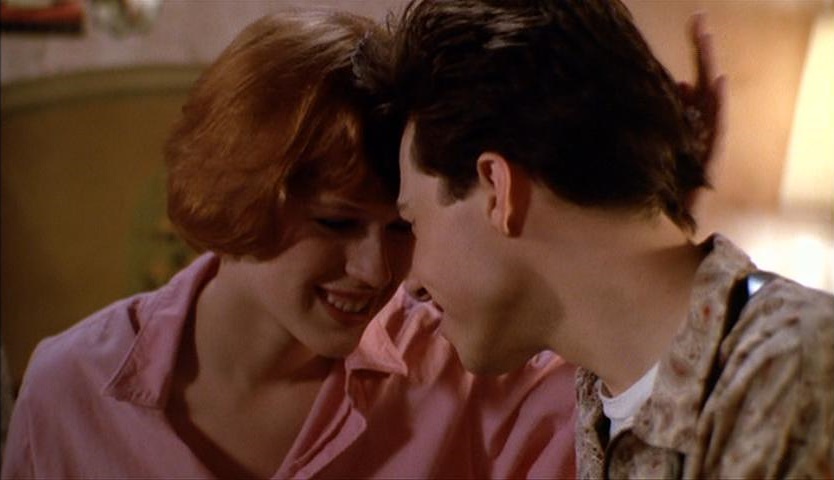Teen Girls Coming of Age in ‘Clueless’ and ‘The Edge of Seventeen’
These two women directors, Amy Heckerling (‘Clueless’) and Kelly Fremon Craig (‘The Edge of Seventeen’), use their films to give a focused examination on the insecurity and self-doubt teen girls face. Cher and Nadine’s personal struggles, as well as their relationships with older mentors, reveal how patriarchal expectations shape their lives as they come of age.
